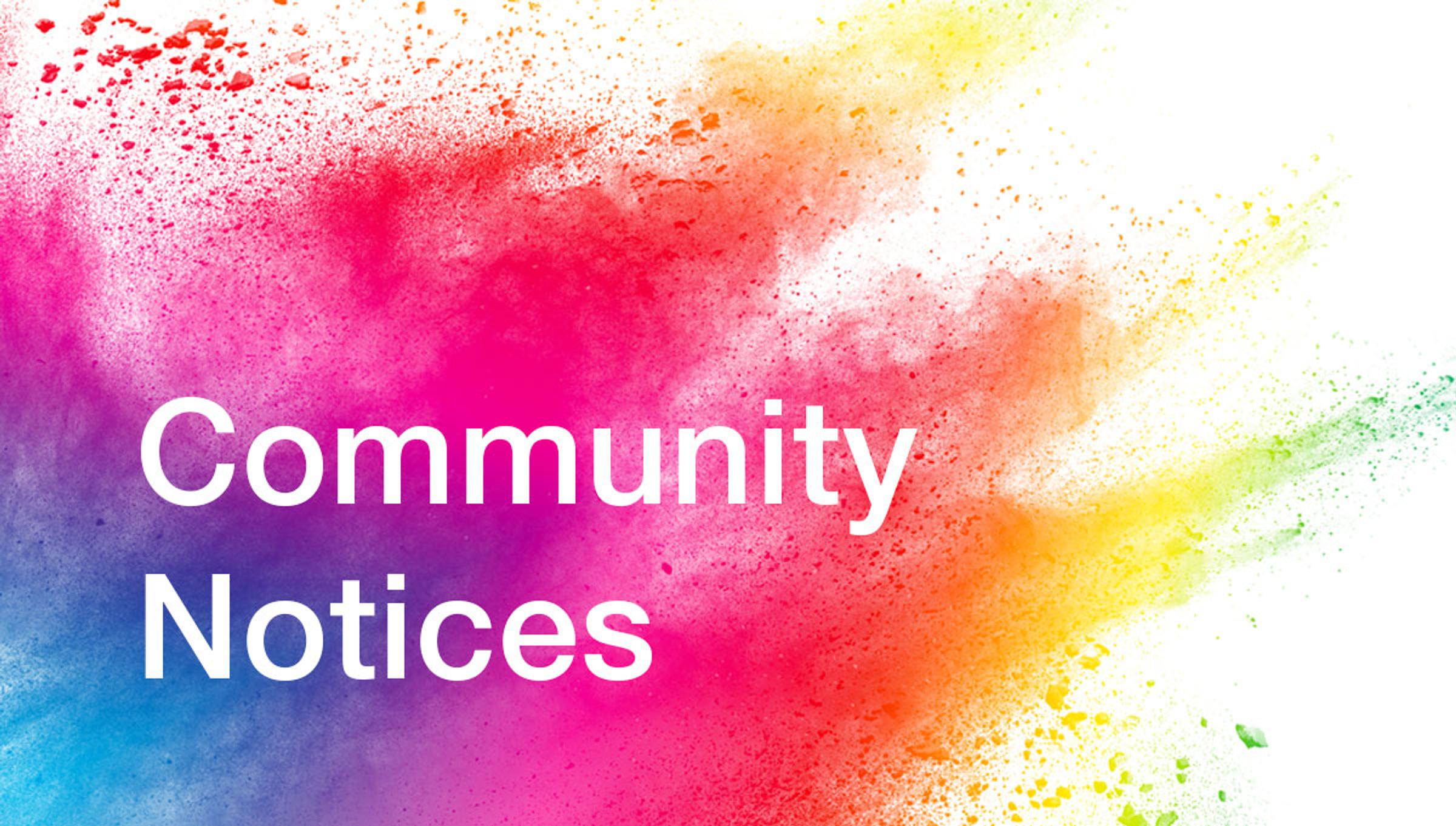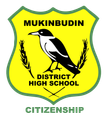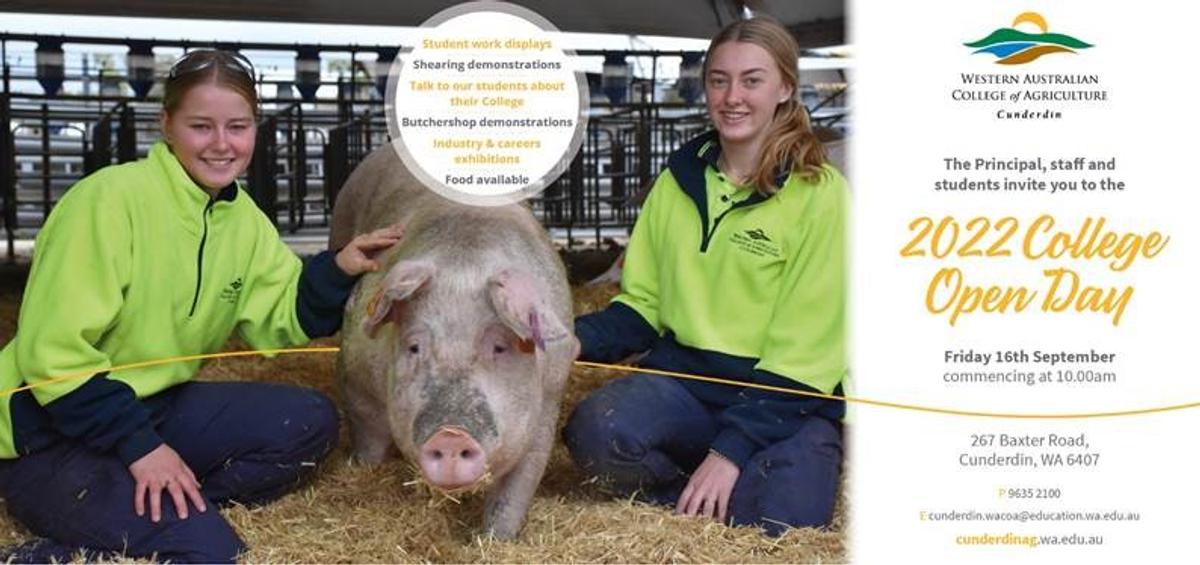Parent & Community Notices

Brilliant Brains - Term 3
Attention all Mukinbudin Kindy 2023 parents. If you have yet to join our Brilliant Brains program, then there is still time to enrol your child for Term 3. Contact the school if you require further information or wish to enrol your child.
Western Australian College of Agriculture- Cunderdin Open Day
The 2022 WA College of Agriculture – Cunderdin Open Day is on again this year on Friday 16th September. If you are interested in attending this year, please RSVP by return e-mail by Friday 5th August.
Indigenous Seasons- Makuru
Winter | June & July
The coldest and wettest time of the year, Makuru was traditionally the time that Noongar people moved back inland and away from the coast. Winds turn to the west and south bringing rain and occasional snow on the peaks of the Stirling and Porongurup Ranges.
During this season, waterways and catchments begin to fill and Noongar people change their diet from eating food from the sea and lakes to hunting grazing animals such as the kangaroo or ‘yongar’. The yongar not only provided a food source but also ‘bookas’ which are animal skin cloaks used as nights became much colder. Bones and sinews were also used from the yongar for spear making and manufacturing of a books. Makuru is also a time for animals to begin pairing up in preparation for breeding in the coming season. ‘Wardongs’ (ravens) can be seen flying together during this season, and upon the lakes and rivers of the Southwest you will notice the influx of ‘Mali’ of Black Swan as they prepare to nest and breed. Blue and purple flowers such as Blueberry Lilly (Dianella Revoluta) and the Purple Flags (Patersonia Occidentalis) emerge during these colder months, and as Mukuru draws to a close. You will notice the white flowers of the weeping peppermint (Agonis Flexuosa) as the blues start to make way for the white and cream flowers of Djilba.


